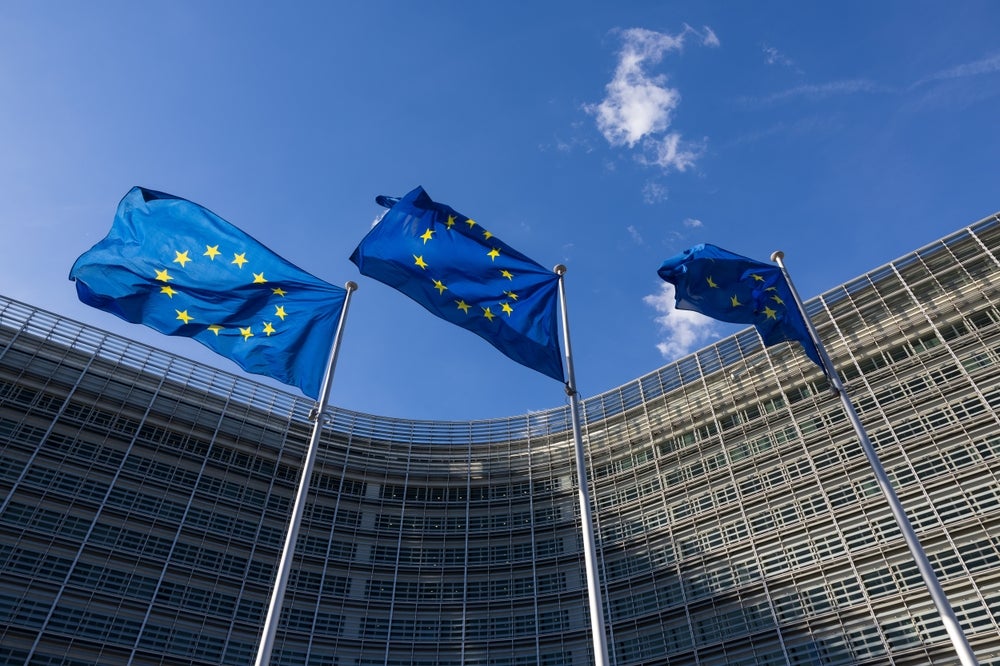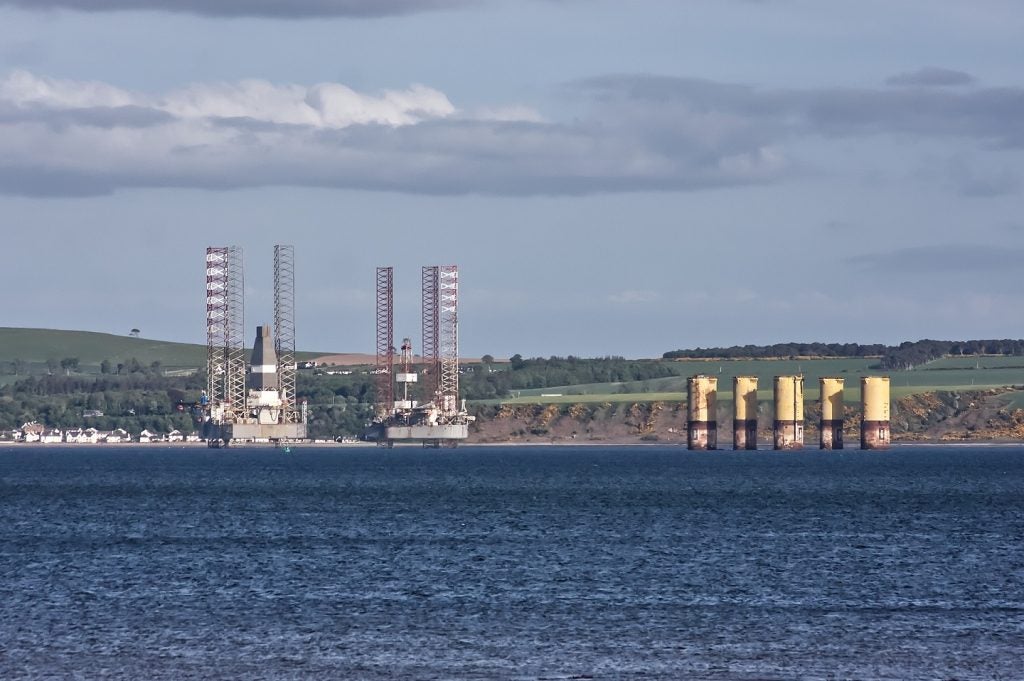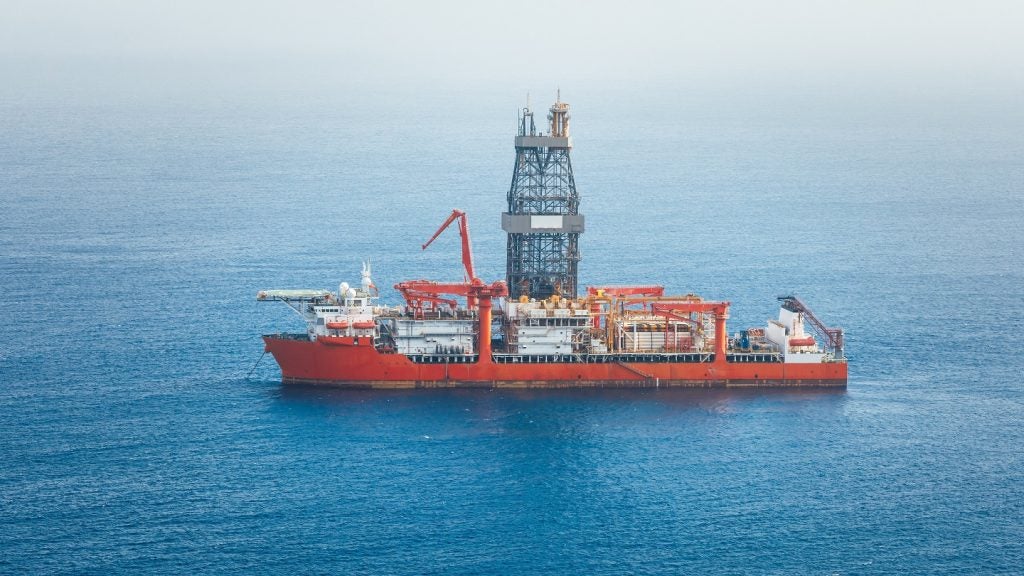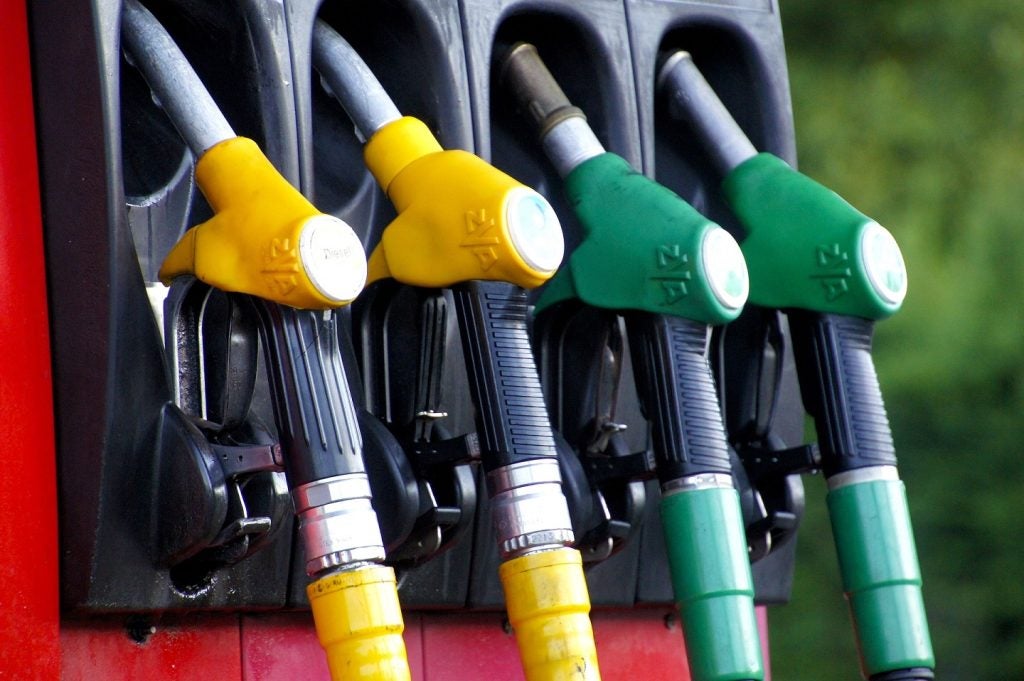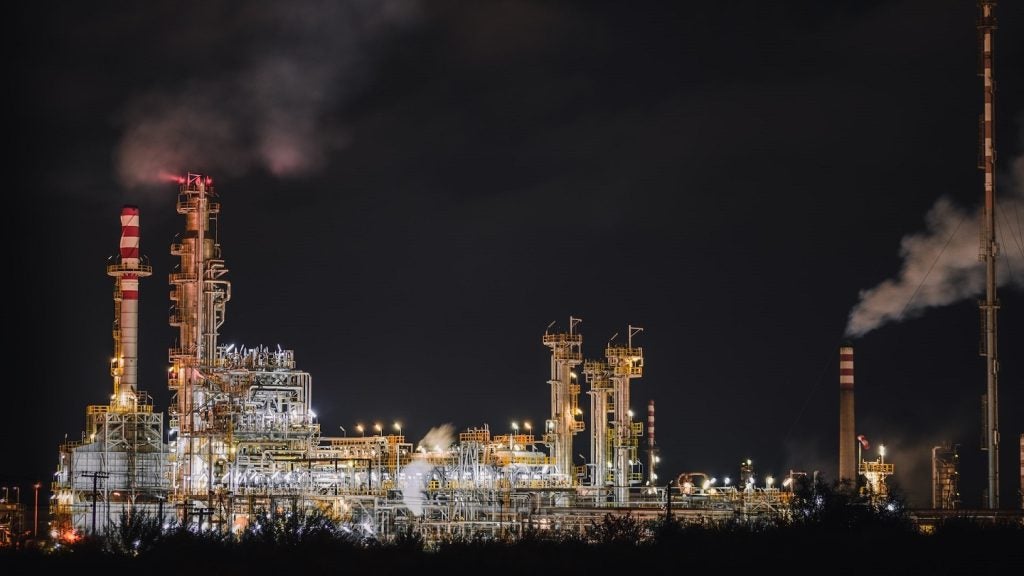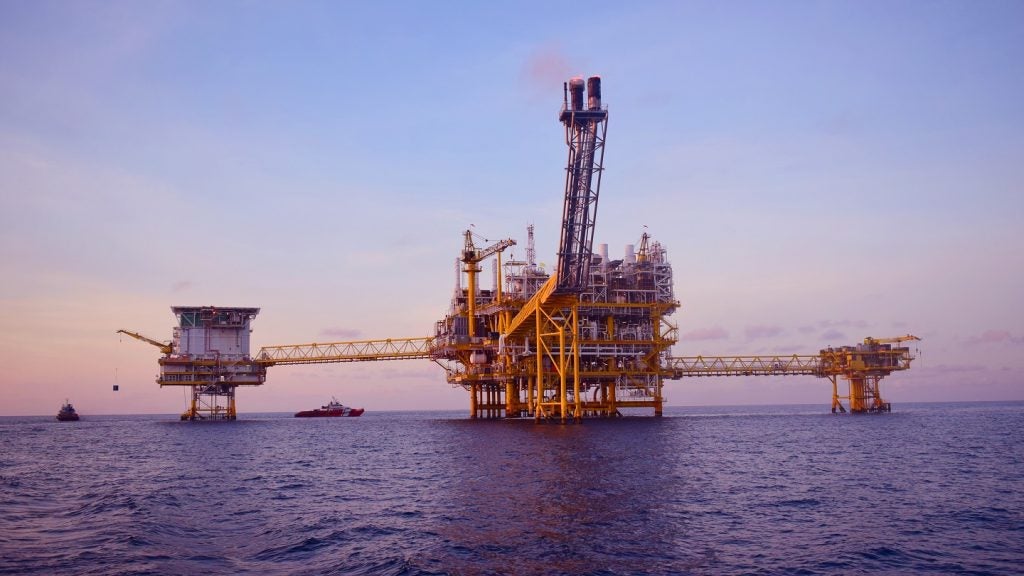The European Parliament and Council on Monday reached an agreement on the terms of the bloc’s first-ever methane emissions law.
The provisional legislation, which came about after lengthy talks, seeks to limit emissions from the potent greenhouse gas (GHG). It will require the fossil gas, oil and coal industries to properly measure, report and verify their methane emissions according to set monitoring standards, and take action to reduce them.
Within the EU, the law will require operators to report regularly to authorities about quantities and measurements of methane emissions at source level. This will include non-operated assets such as unused land, spare equipment or investment securities.
It will also mandate oil and gas companies to carry out regular surveys of their equipment to detect and repair methane leaks within specific deadlines. Routine venting and flaring by the oil and gas industry will be banned, and non-routine venting and flaring will be restricted to only unavoidable circumstances, such as for safety reasons or in a situation of equipment malfunction.
Coal miners will also be answerable to new regulation. Venting from thermal coal mines will be limited from 2027, with stricter conditions coming into effect some time after 2031, although the Commission did not clarify exactly when this will be.
Companies in all fossil fuel sectors will be required to continuously monitor the emissions of inactive or abandoned assets such as wells and mines, and plans to mitigate these emissions must be set out and adopted as soon as possible.
Regarding imported fossil fuels, the legislation will establish a “methane transparency database” on which data relating to methane emissions, reported by both importers and EU operators, will be made available to the public. A tool to monitor methane emissions from across the world will also be set up, which will provide information on the magnitude, recurrence and location of high methane-emitting sources across the world, with the aim to improve international scrutiny of methane emissions.
From January 2027, new import contracts for fossil fuels will only be permitted in the bloc if the same monitoring and reporting regulations applied to EU companies are met by external exporters.
Agreement on the law comes just two weeks ahead of major climate summit COP28. A commitment to reducing methane emissions is a key element of the EU’s Green Deal, contributing to the bloc’s target to reduce GHG emissions by at least 55% by 2030.
The legislation now requires formal adoption by both the European Parliament and the Council before officially coming into effect. After this, the new legislation will be published in the Official Journal of the Union and will then enter into force.


